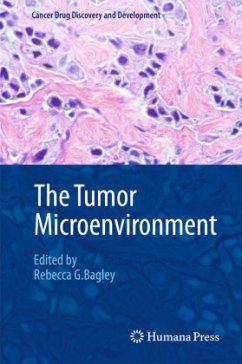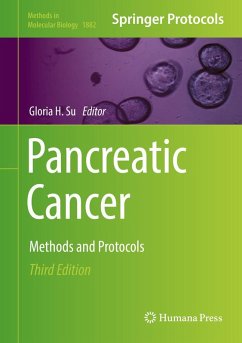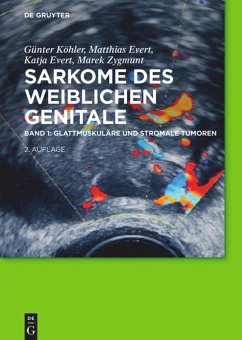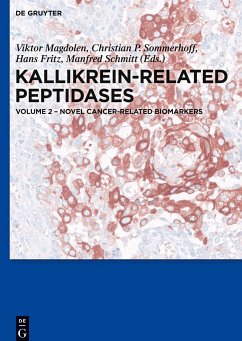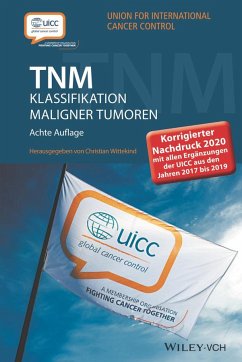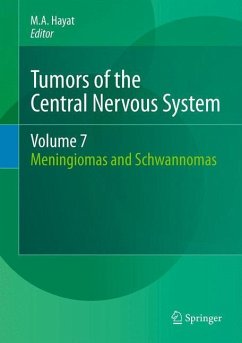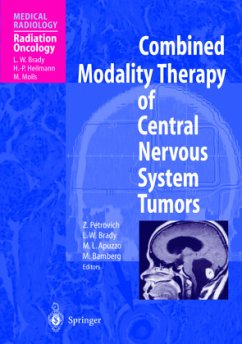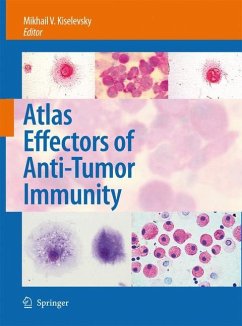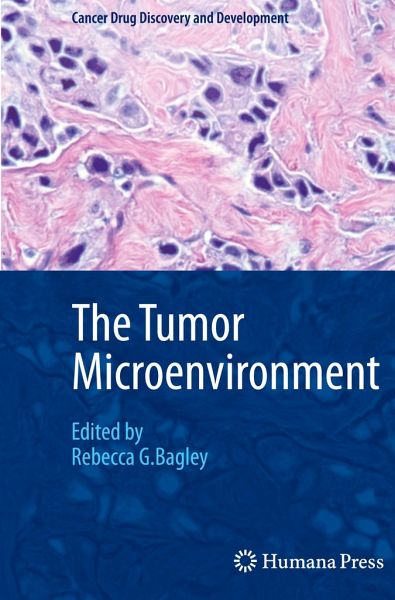
The Tumor Microenvironment

PAYBACK Punkte
76 °P sammeln!
The fact that tumors are composed of both tumor cells and host cells has long been known. These tumor-associated cells include vascular endothelial cells and pe- cytes, as well as inflammatory cells such as neutrophils, monocytes, macrophages, mast cells and eosinophils, and lymphocytes. The tumor cells also interact with stromal cells and with elements of the tissue extracellular matrix. What has been less appreciated is the role that these cells could have in modulating the growth, invasion, and metastasis of the tumor. Early on, the elements of what we now call the tumor microenvironment we...
The fact that tumors are composed of both tumor cells and host cells has long been known. These tumor-associated cells include vascular endothelial cells and pe- cytes, as well as inflammatory cells such as neutrophils, monocytes, macrophages, mast cells and eosinophils, and lymphocytes. The tumor cells also interact with stromal cells and with elements of the tissue extracellular matrix. What has been less appreciated is the role that these cells could have in modulating the growth, invasion, and metastasis of the tumor. Early on, the elements of what we now call the tumor microenvironment were considered to be more or less innocent bysta- ers to the role of the tumor cells as they grew and invaded local sites. Today, there is an increased understanding of the critical role of the tumor microenvironment as dramatically influencing the course of tumor development and dissemination. This volume represents a superb compilation of the latest thoughts and data regarding the role of each essential component of the tumor microenvironment in cancer development and progression. Perhaps, the earliest recognition of the role of nonmalignant cells as cancer re- lators was the recognition that lymphocytes can participate in what was termed "immune surveillance" in the 1960s. Our understanding of tumor immunity has improved markedly since then, and there are now successful clinical studies sh- ing the potential use of immune-based therapies in cancer treatment.





